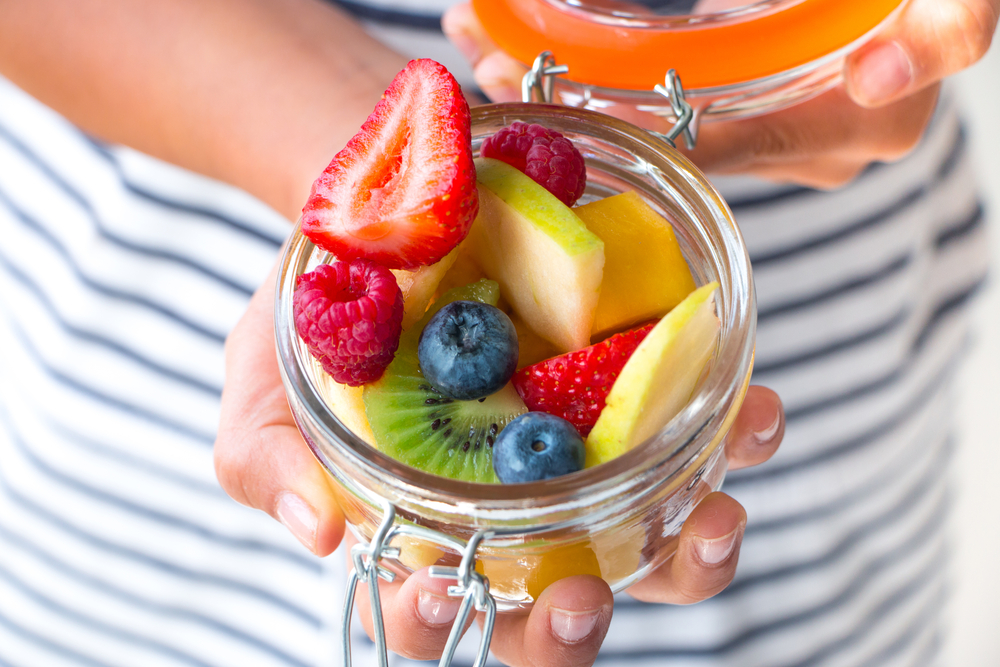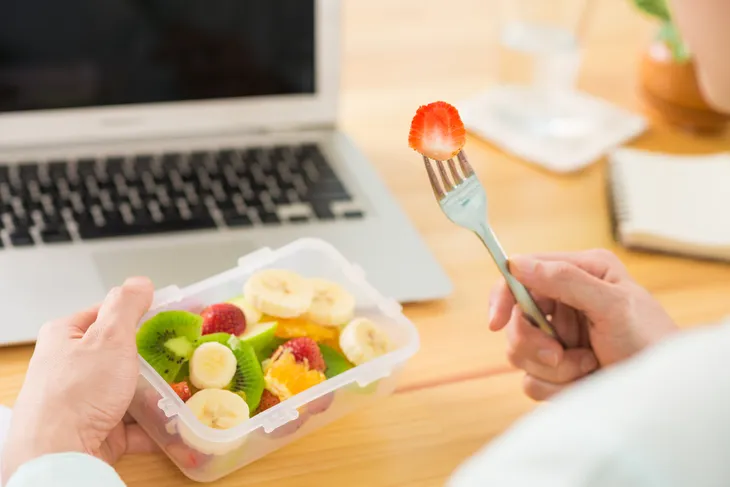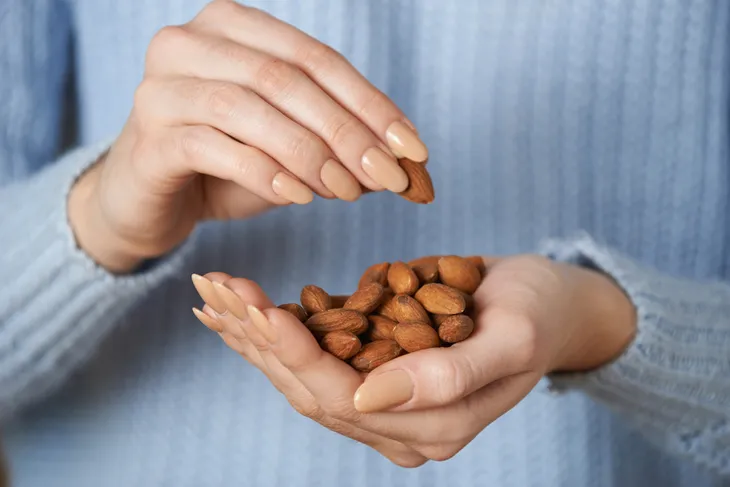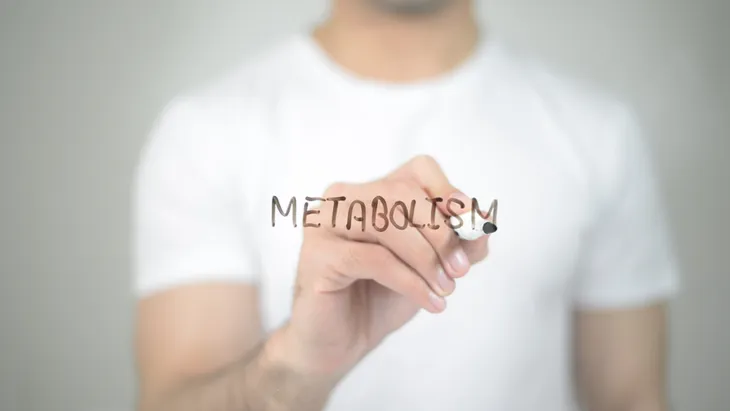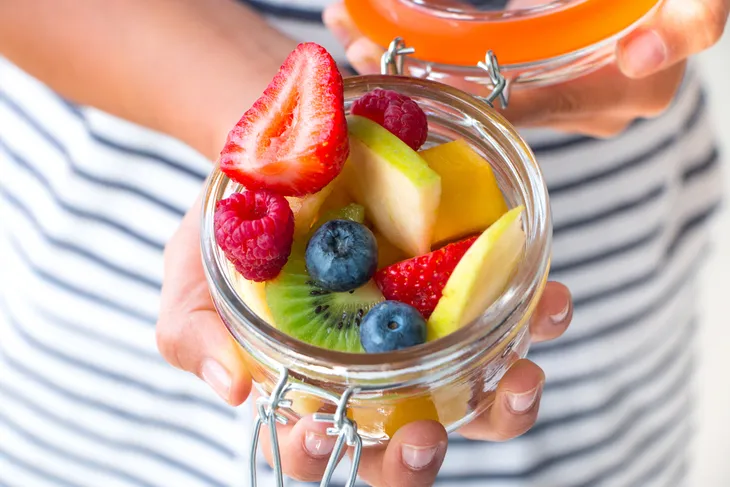When it comes to dieting, snacking is a controversial topic. For years diet experts debated about the advantages and disadvantages of eating between meals. Today, WebMD dieticians agree that snacking is good for you—so long as you’re eating healthy food items at the right time of the day.
So, specifically why is snacking good for you? How can it actually make us leaner and healthier compared to avoiding it altogether? Let’s take a look…
Snacking Discourages Overeating
Just try going four or five hours without eating anything and sit down for a small lunch or dinner. For most normal, healthy people, that’s a very tough proposition. That’s because not eating for an extended period of time—by which I mean more than three hours or so—can cause our blood sugar levels to plummet, leaving us feeling ravenously hungry.
The result is often overeating at meals. That could mean completely ignoring our diet regimen and consuming foods we wouldn’t otherwise eat, such as fried and high-sugar foods.
Snack to Get Through the Work Day
Not eating for three or four hours can often cause our energy levels to drop, leaving us feeling tired both mentally and physically. That can make it tough to perform, whether it’s in a morning conference call, an afternoon meeting or an evening date with your significant other.
Having a snack can give us the energy to get through the day and night. For anyone who’s fairly active—meaning you work eight hours a day and exercise regularly—that makes snacking absolutely critical.
Snack to Get Essential Nutrients
In order to thrive, our bodies need a wide range of minerals and nutrients throughout the day. Getting all of those minerals and nutrients in three square meals can be difficult, particularly if we’re not preparing our own meals.
Snacking can help shore up the amount of minerals and nutrients in our diets. The key is to make sure your snacks actually have the nutrients you need. That means avoiding unhealthy snacks like chips and popcorn and opting for fruits, vegetables, nuts, and whole grains.
Snack to Power Through Workouts
Ever gotten to the gym only to find you haven’t got the energy to get through your workout? Often, it’s the result of not eating enough throughout the day. It could also be the result of not eating for several hours before arriving at the gym.
Generally speaking, it’s tough to have an effective workout if you haven’t eaten anything for a few hours. Make sure to eat something healthy—like a piece of fruit—before hitting the treadmill, yoga mat, or weight room.
Snacking Revs Your Metabolism
Today, many dietitians argue that it’s better to eat many small meals throughout the day rather than three or four large meals. That’s because eating a bit at a time can help you avoid overeating and can help keep your metabolism moving.
The result: your body burns more calories throughout the day and your energy levels remain high. It’s a win-win situation: you don’t feel the hunger pangs quite so intensely and you’re able to get through the day without crashing.
Snack for Safety Reasons
At first, it may seem a bit of a stretch to say that snacking can keep you safe. However, imagine not eating for four or five hours and getting behind the wheel. Having your energy levels drop as you head out on the highway could be dangerous—for you and anyone else with you in the car.
Remember that it won’t be just your work or workout that will suffer if you fail to keep your energy levels up through snacking. Staying focused means having healthy snacks—such as fruit, vegetables or whole grains—in between meals.
